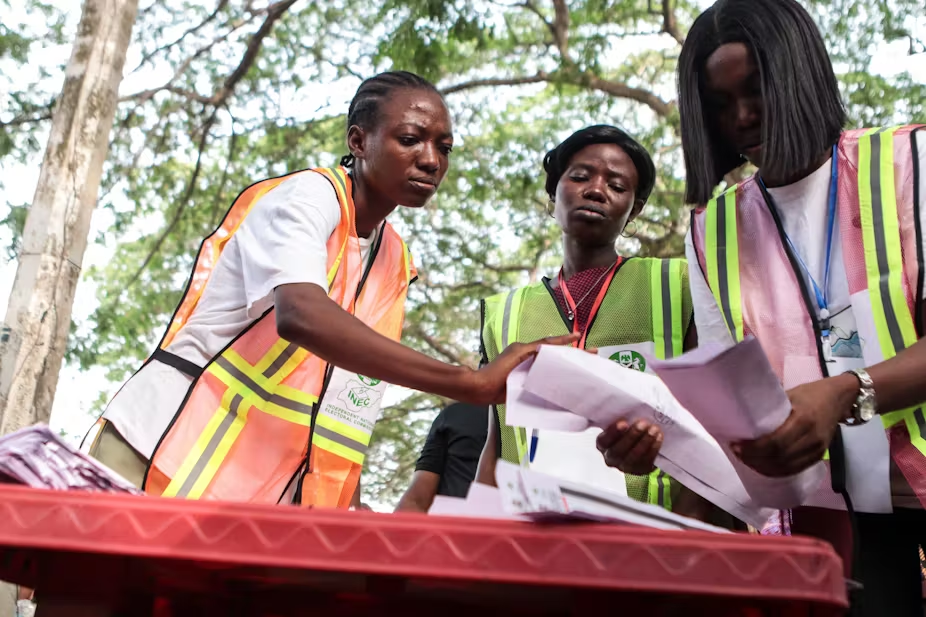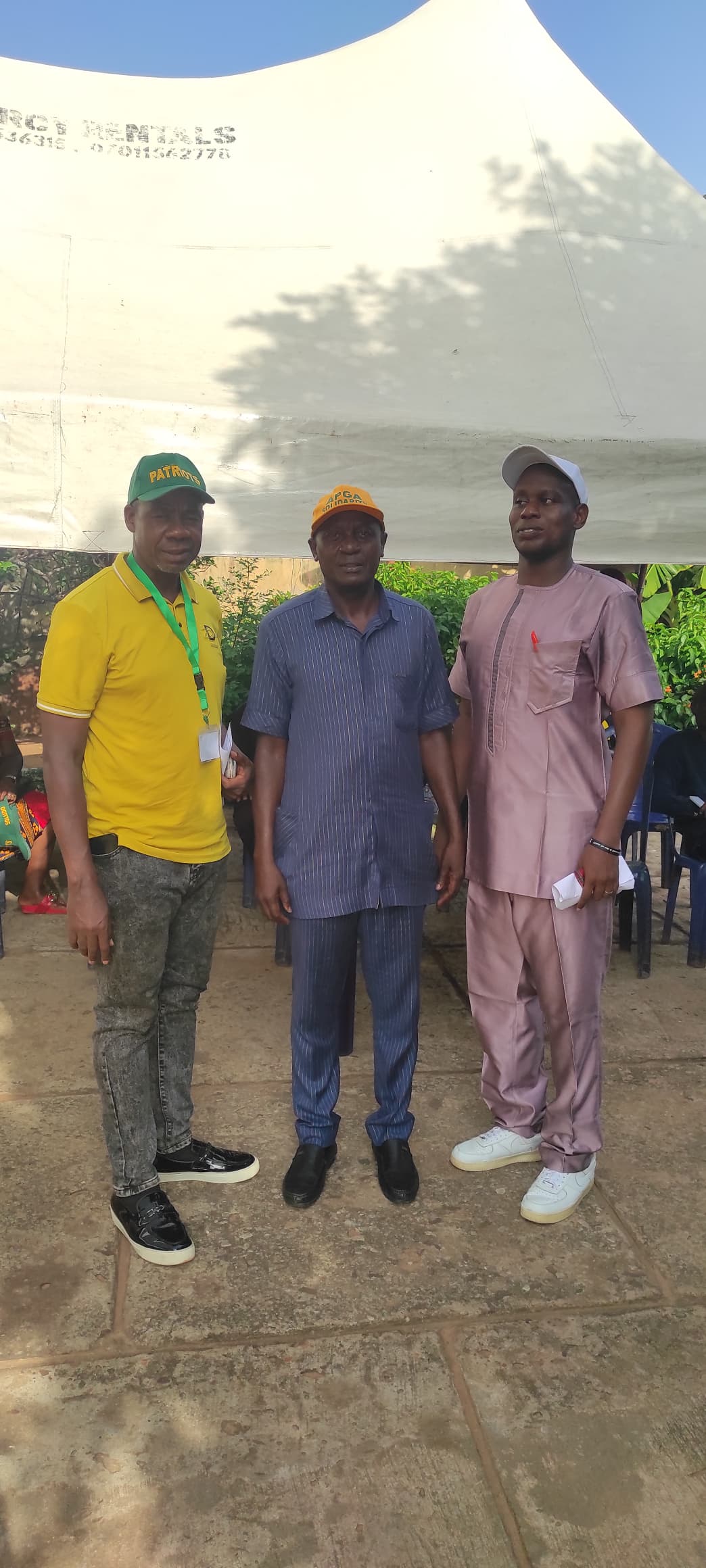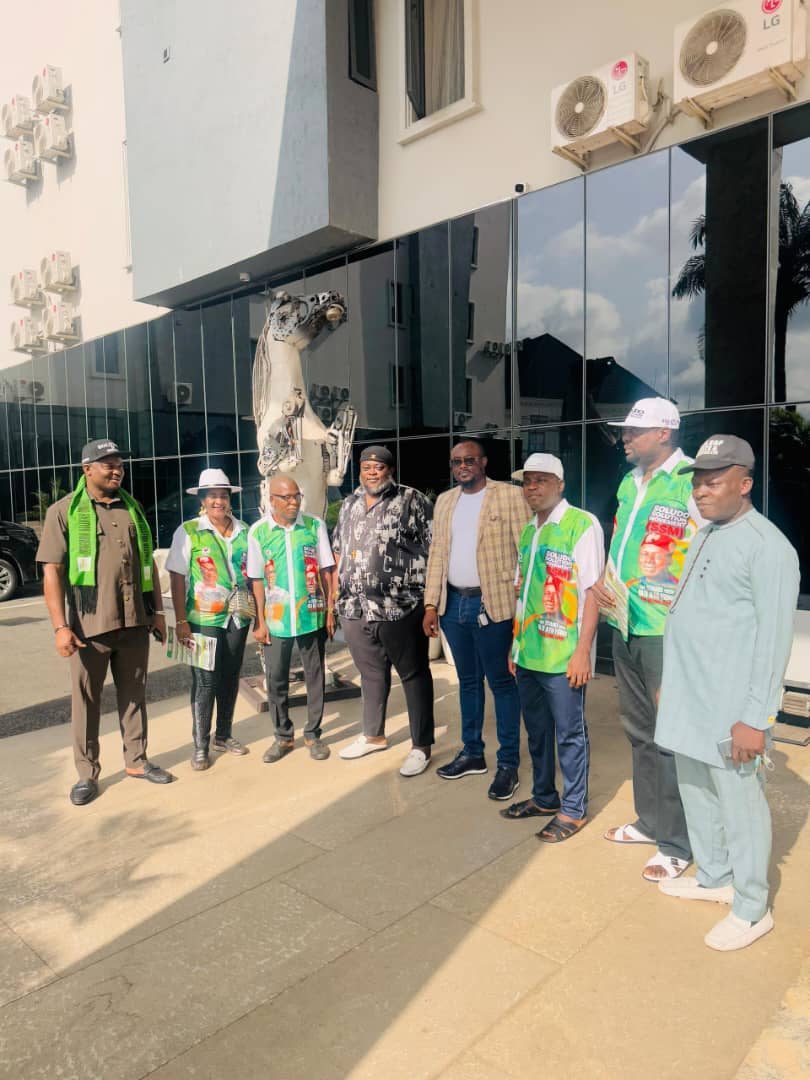Alfred Ajayi
As Anambra State inches closer to the 2025 gubernatorial election, the conversation must shift from just party primaries and candidate popularity to the real foundation of any democracy – citizen participation. For far too long, Anambra has mirrored the national trend of voter apathy, civic disillusionment, and poor electoral participation. For the state historically known for its vibrant political consciousness and intellectual rigor, the declining involvement in electoral processes is a disquieting anomaly.
The 2025 gubernatorial poll therefore presents another opportunity for the people of Anambra to not only shape their future but also redefine their political culture. In the 2021 governorship election, the state recorded an alarmingly low voter turnout of just over 10% as only about 250,000 out of 2.5 million residents who registered to vote, eventually exercised their franchise. The 2017 election was only slightly higher with less than 22% voter participation.
Nationally, the 2023 general elections also witnessed the lowest voter turnout since 1999 as fewer than 30% of registered voters showed up. This democratic fatigue is dangerous, particularly in a country grappling with economic instability, insecurity, and deepening inequality.
This trend is particularly worrisome considering Anambra’s political significance in the Southeast and its track record of producing politically conscious elites and change agents. Historically, the state has produced national leaders, civil rights advocates, and prominent voices in public discourse. Yet, when it matters most during elections, the silence of the majority speaks volumes.
Demystifying sustained poor participation
Several factors fuel poor electoral participation in the state. While some are national in scope, others are uniquely tied to the state’s peculiar political landscape. A major factor is the distrust in the political system. Prior to recent years, the state has witnessed years of unfulfilled campaign promises, misgovernance, and corruption which massively eroded public trust. Many citizens believe their votes do not count or that the outcomes are pre-determined.
Pockets of insecurity including politically-motivated violence has discouraged people from participating in elections. Unarguably, analysts blamed the all-time lowest turnout in the 2021 guber poll in the state primarily on the precarious security situation at the time.
This development demands attention from relevant institutions. While the efforts of the state government in partnership with security agencies have lowered the tempo, scale and frequency of security concerns, there are yet pockets of incidents in parts of the state.
When voters fear for their safety, they are less likely to venture out on election day. There is need to work towards restoring public confidence in the ability of government and security agencies to protect the nooks and crannies of the state.
Sustained electoral malpractices are also incentives for poor political participation. Instances of vote-buying, ballot box snatching, and rigging – whether perceived or real also contribute to voter apathy. These irregularities demoralize citizens and further alienate them from the process.
Poverty, unemployment
Besides, widespread poverty and unemployment have made most voters susceptible to inducements while many equally feel disempowered to demand better governance. For some, elections offer an opportunity for short-term material rewards rather than a chance to shape long-term policies.
However, addressing economic deprivation and widespread poverty will be a more effective measure towards getting citizens to cast their votes based on personal conviction hinged on quality of each candidate’s manifesto rather than financial or material inducements.
Lack of civic education is equally a concern. The level of political education is still very low in many communities in Anambra, especially rural ones. People do not have adequate information about the electoral process, their rights, or how government policies affect their daily lives. This lack of awareness breeds indifference. It is necessary to mount a state-wide public sensitization campaign to address the ugly reality.
Long run of poor performance of past leaders is another factor that discourages political participation. When elected officials fail to deliver on promises or neglect the welfare of the people, it creates a ripple effect of disappointment and cynicism. This history has fed into the idea that participation is futile. While Anambra does not share this reality in its entirety, performance rating of previous administrated has always divided the citizens.
Price of low participation
When citizens opt out of the electoral process, they inadvertently give room for unqualified, corrupt, or unrepresentative individuals to assume power. Democracy thrives on accountability and participation and a disengaged electorate undermines both.
Generally, poor participation from citizens has led to poor governance outcomes, where leaders feel less pressure to perform since their mandate was not from overwhelming majority of eligible citizens. This was real in Anambra decades ago.
Policy misalignment also results from citizens’ disinterestedness in governance. This is because political patronage ranks above the needs and aspirations of the majority. Absence of a vibrant citizen-driven mandate also leads to weak democratic institutions, lacking in legitimacy and capacity.
Changing the narrative
Anambra’s 2025 gubernatorial election offers a chance to reverse the apathy. However, there is need to intensify civic education. To achieve this, government agencies such as the National Orientation Agency (NOA), civil society organizations, faith-based groups, and the media must step up civic awareness campaigns.
The Independent National Electoral Commission (INEC) should lead efforts to educate citizens not just on voting procedures but on the importance of active engagement throughout the electoral cycle.
It is also compelling to strengthen electoral transparency. INEC must assure the public of its commitment to free, fair, and credible elections. The use of technologies like the BVAS (Bimodal Voter Accreditation System) should be transparent and secure to boost confidence. Swift communication of results and efficient logistics can reduce skepticism.
Besides, Anambra has a high youth population, many of whom are educated and technologically savvy. Targeted campaigns—online and offline—can awaken their political consciousness. Music, art, influencers, and sports can be deployed to make civic participation appealing and relatable.
Government must sustain synergy with security agencies to ensure that elections are peaceful. Voters need assurance that their safety will not be compromised. Politicians must also be held accountable for inciting violence or hiring thugs.
The media and civil society must demand issue-driven manifestos from candidates. Debates, town halls, and policy dialogues should be encouraged to help voters make informed choices. When elections are framed around development goals – healthcare, education, infrastructure, job creation rather than tribalism or religion, more people are likely to engage.
INEC must work with the police, EFCC, and community watchdogs to counter vote-buying culture. This tendency must be penalized through a well-coordinated synergy should be in place to monitor and penalize vote-buying. Citizens must be reminded that accepting money for votes is selling their future and legitimizing corruption.
Community ownership must be encouraged. Traditional rulers, town unions, market leaders, and youth associations should be integrated into the electoral mobilization process. When communities take ownership of the process, participation improves.
The power to determine the direction of Anambra State for the next four years lies not with politicians or party leaders but with the people. Therefore, citizens must shed the toga of passive observers to active participants. Democracy is not a spectator sport; it thrives when people show up, speak out, and demand better deals.
As the campaign season begins, the conversation should revolve around schools, hospitals, security, jobs, roads, and the economy, not just slogans and party colors. Every eligible citizen should obtain or update their voter card, scrutinize candidates, and prepare to vote based on issues.
This is not just an election. It is an opportunity to reclaim the power of the ballot and the promise of democracy. Let Anambra lead the way.
Alfred Ajayi is a development and governance journalist based in Awka. He reports on democracy, civic engagement, health, and climate resilience across Nigeria.





